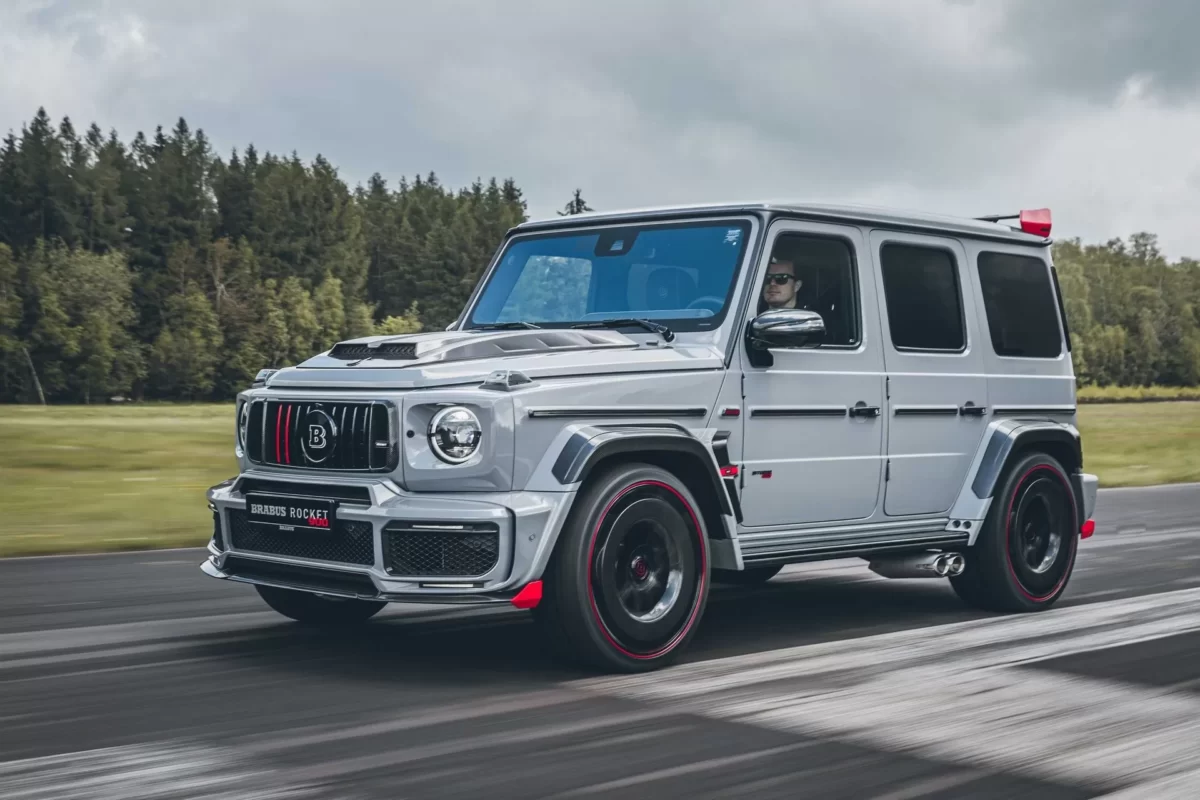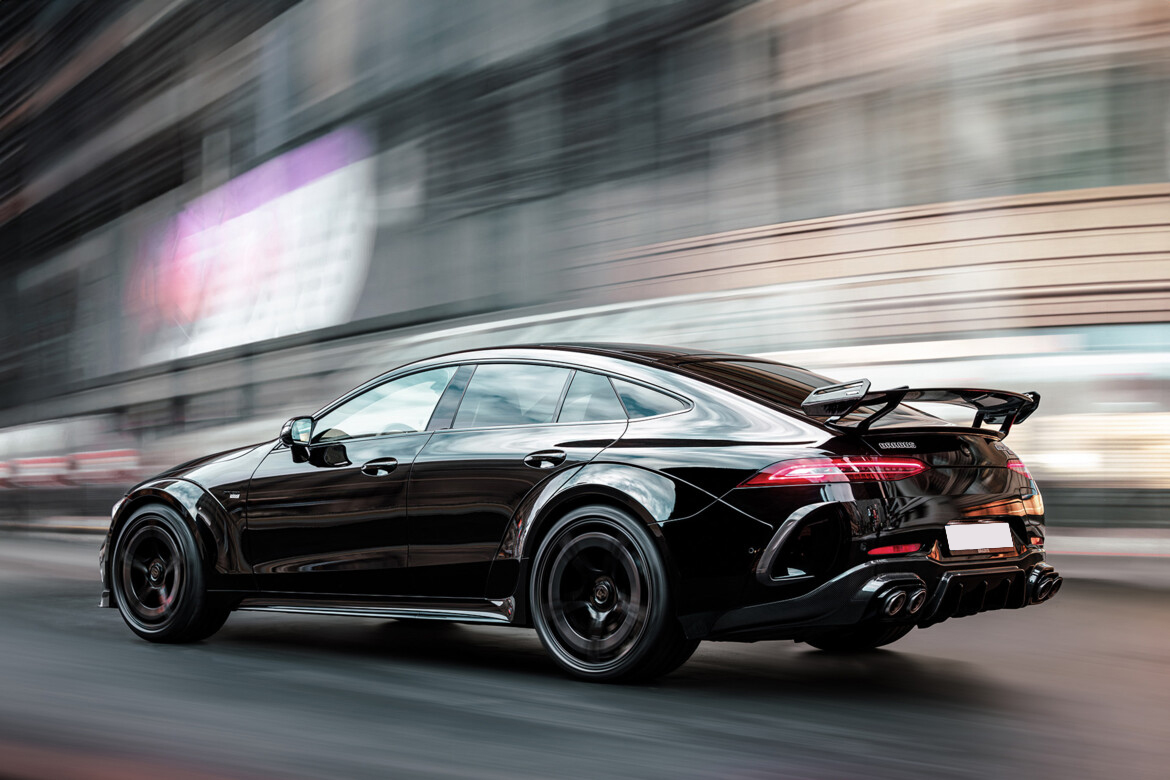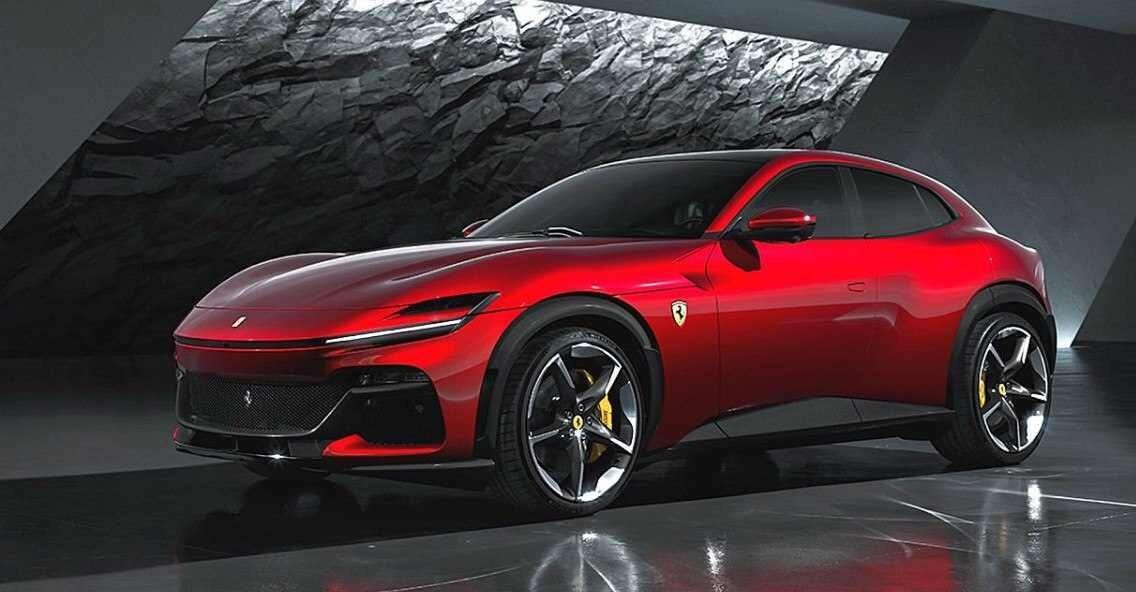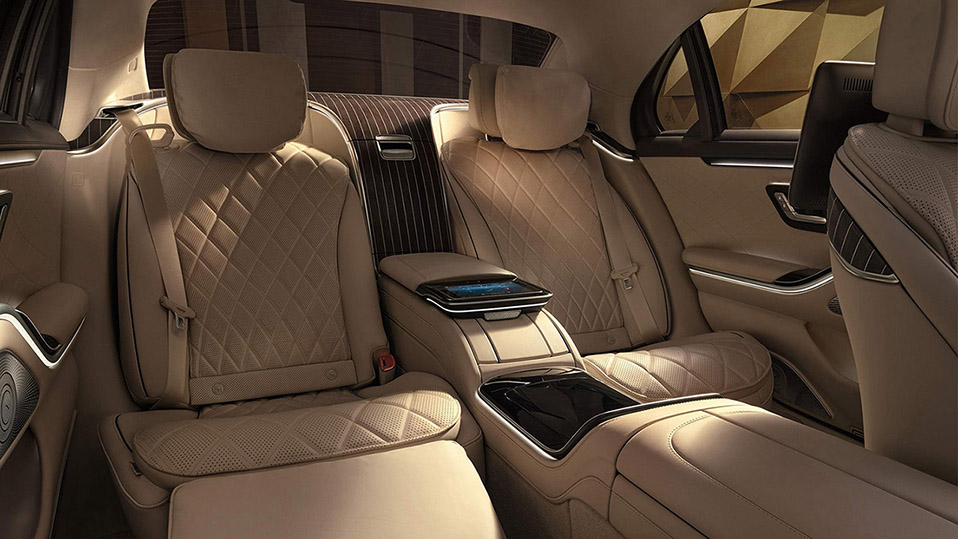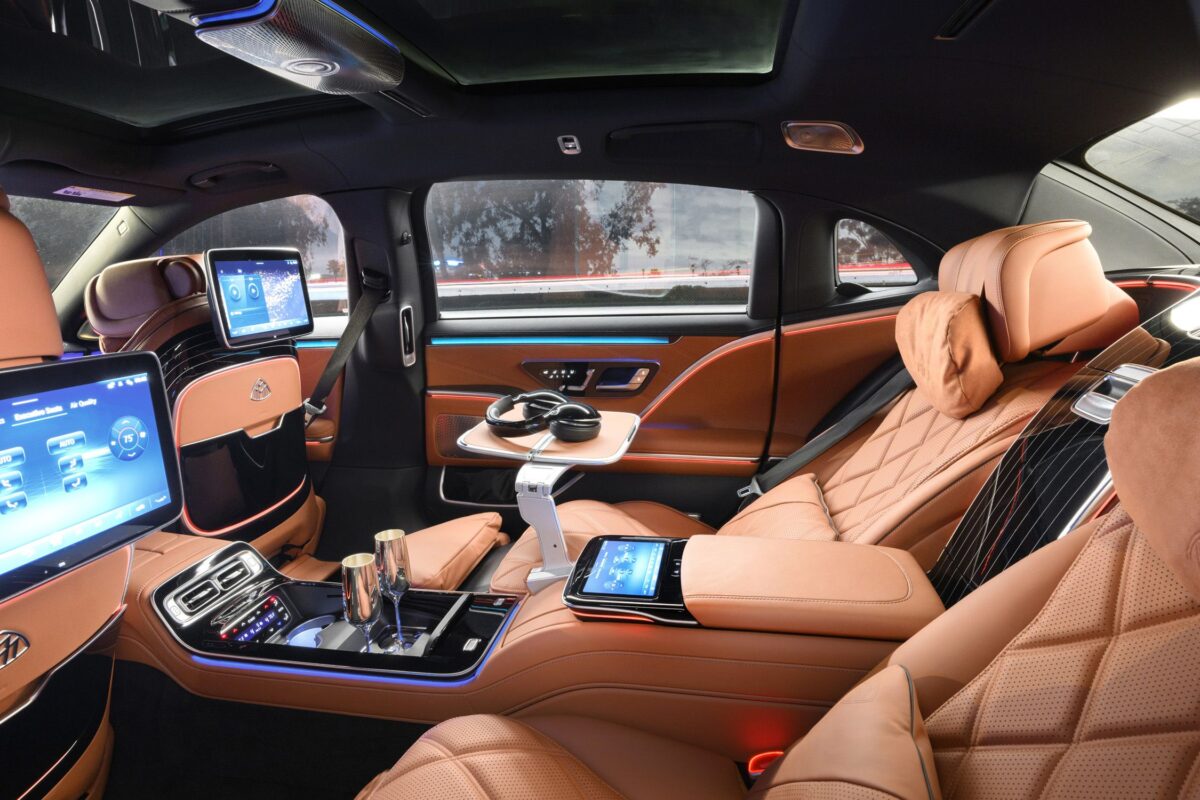Brabus is a tuning studio from the German town of Bottrop, known to all connoisseurs of premium cars. This company has been tuning and improving Mercedes cars and occasionally some other brands for over 40 years. Thanks to the painstaking work of engineers and designers, each Mercedes Brabus car becomes a real four-wheeled work of art.
The company was founded in 1977.
History of the formation and development of the Brabus company
The history of Brabus is a long chain of diverse events that turned a small tuning studio into a major player in the global automotive market. The company itself was founded in 1977 in Bottrop (West Germany) by entrepreneurs Bodo Buschmann and Klaus Brackmann. The partners opened a modest enterprise selling Mercedes. The first letters of their last names make up the company name - BRA-BUS.
After some time, Bushman decided to buy out his business partner's shares and became tired of being the sole owner of the company.
Over time, to increase sales, the founders decided to make small improvements to the cars. To change the appearance, sketches were first drawn by hand, and then attachments and accessories were created based on the drawings. To modernize the chassis, the manufacturer Brabus began to develop new springs with shock absorbers. In the engines, only the camshafts were initially replaced. Over time, craftsmen assembled completely new engines with different pistons and connecting rods.

